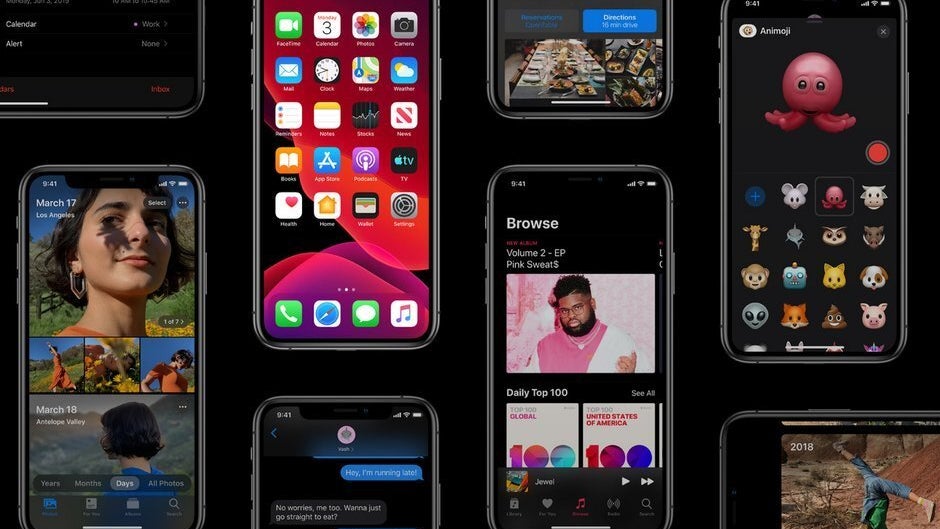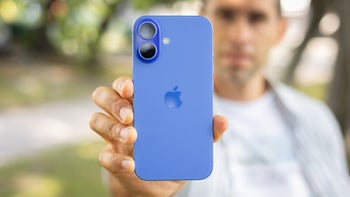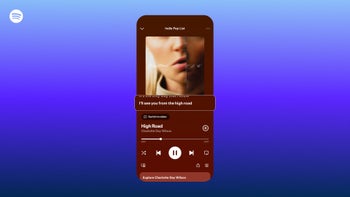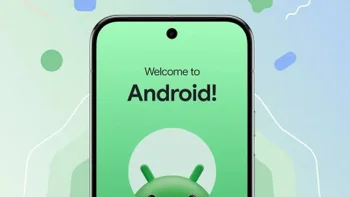After the buggy iOS 13 release, Apple changed tack for the feature-rich iOS 14 development

If you have been wondering why did Apple release iOS 13.1 beta to developers before it had even pushed the retail to our iPhones and iPads, and how come we are already at the unprecedented iOS 13.3 beta 3 point two months after the release, Bloomberg has the answer.
It turns out that Apple has indeed prepped a buggy iOS 13 thanks to a software testing procedure that has been getting long in the tooth. All the new and untested features have been heretofore folded into one big daily build with a disparate level of readiness, resulting in a myriad of bugs been carried out since the first alphas into the final retail release, as many an iPhone or iPad owner became painfully aware of in the last two months or so. Crashing apps, including stock ones like Mail or messaging, and signal drop glitches are just a few examples why Apple was quick to issue a release after release to iron them out so quickly.
As a result of the old system, "daily builds were like a recipe with lots of cooks adding ingredients" and "testers would go days without a livable build, so they wouldn’t really have a handle on what’s working and not working," claimed one Apple insider.
Going forward, Apple's head of software development Craig Federighi will require all buggy and unfinished features to be turned off by default in the daily builds, and the testers can then choose to flip the switch at will, resulting in a much more streamlined process, ensuring everyone is on the same page.
The new system is already employed in Apple's next iOS 14 edition development, codenamed "Azul," as it is expected to be one of the most feature-rich software upgrades in Apple's history - you know, the first 5G iPhone and stuff - so Apple wouldn't want a repeat of the iOS 13 rollout fiasco. In fact, Apple is now so adamant to focus on the quality of the new software features it releases, tip the insiders, that it is considering putting some of those it intended to ship with iOS 14 next year, to the "Azul+1" project, which will likely end up as iOS 15 in 2021.
Talk about a lesson learned, and the new software testing procedure will apply not only to iOS, but also to iPadOS, watchOS, macOS and tvOS going forward. Fingers crossed, but now we can't help but wonder what would this "breadth of new capabilities" coming with iOS 14 entail. Any wild guesses?
Follow us on Google News













Things that are NOT allowed:
To help keep our community safe and free from spam, we apply temporary limits to newly created accounts: